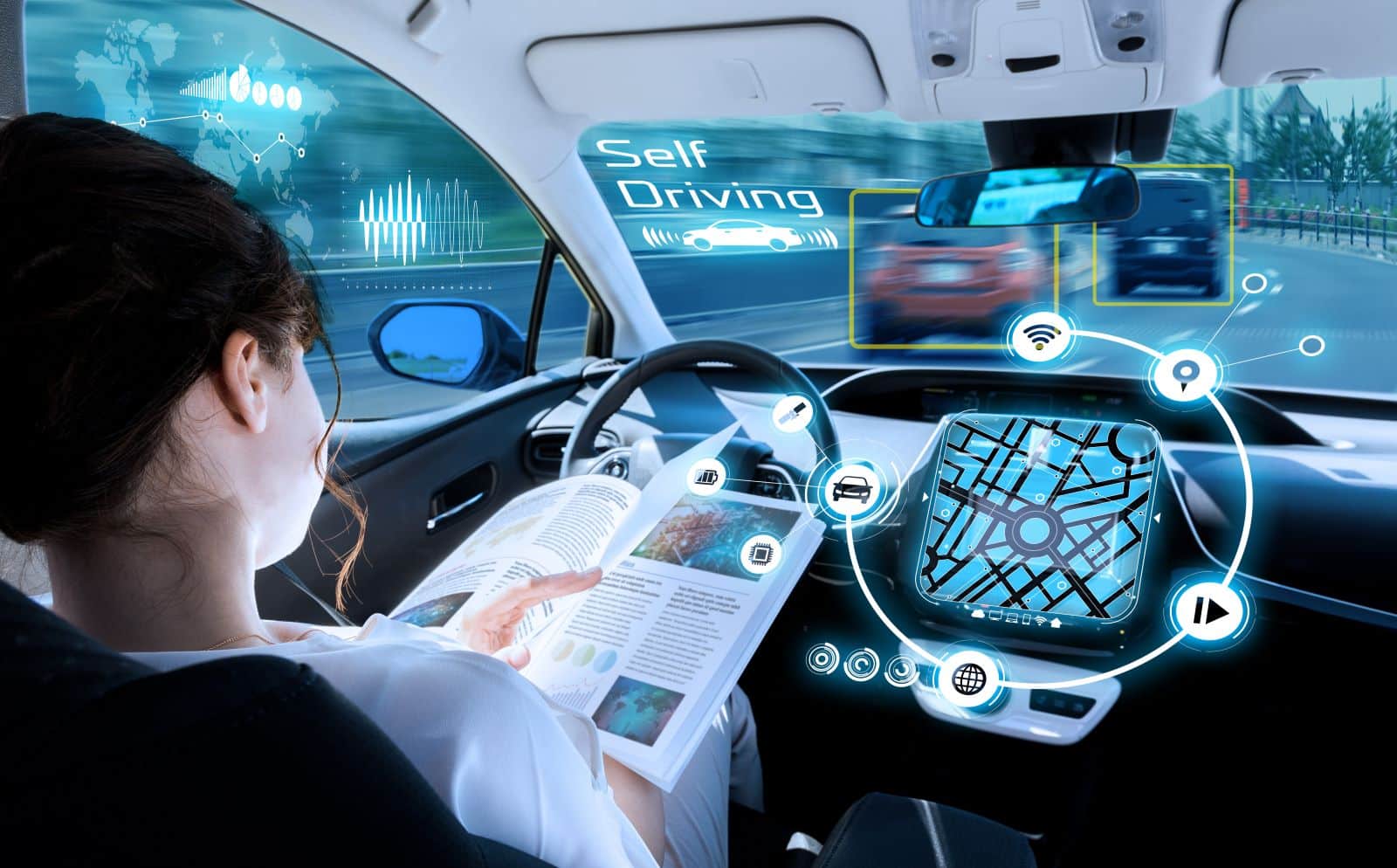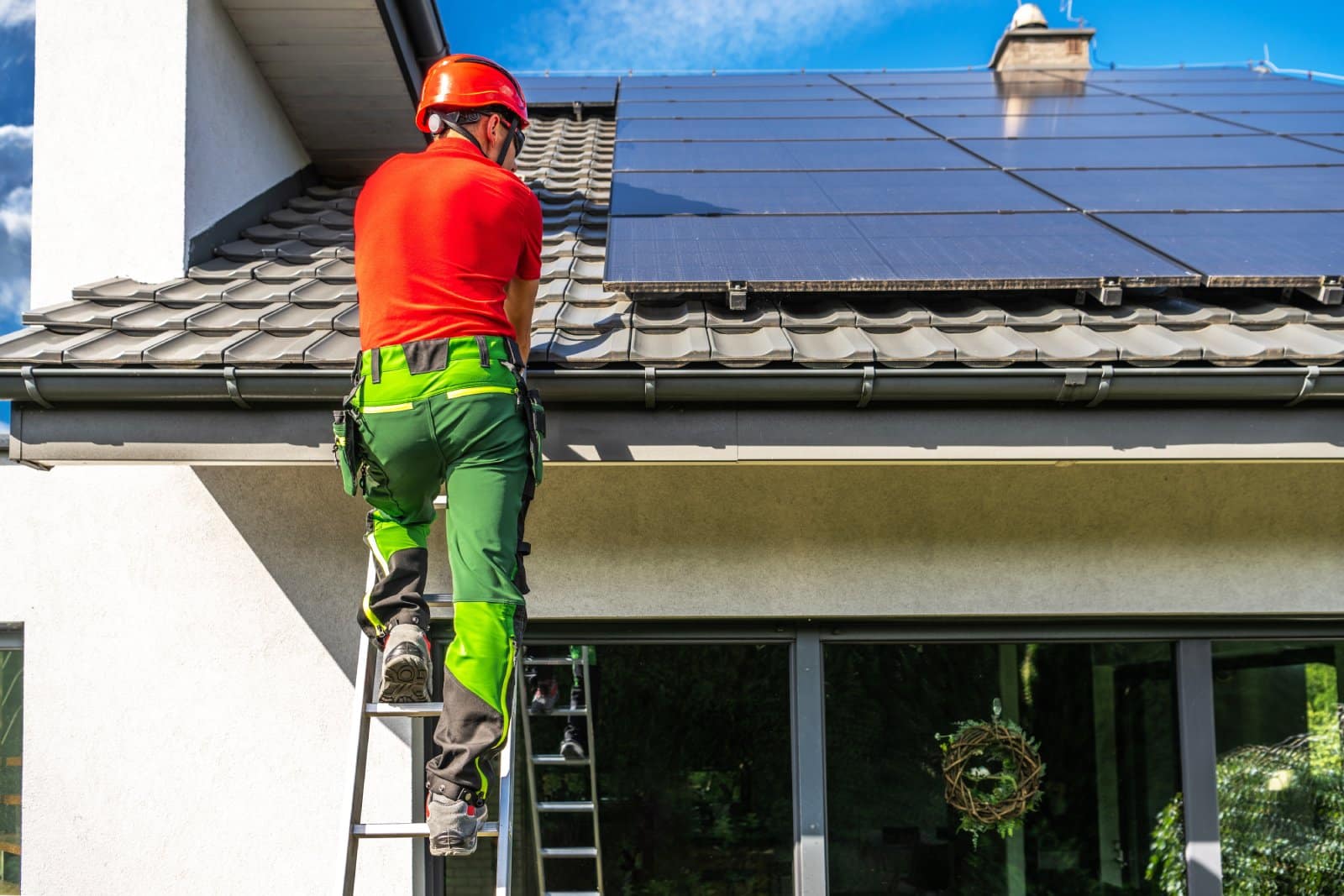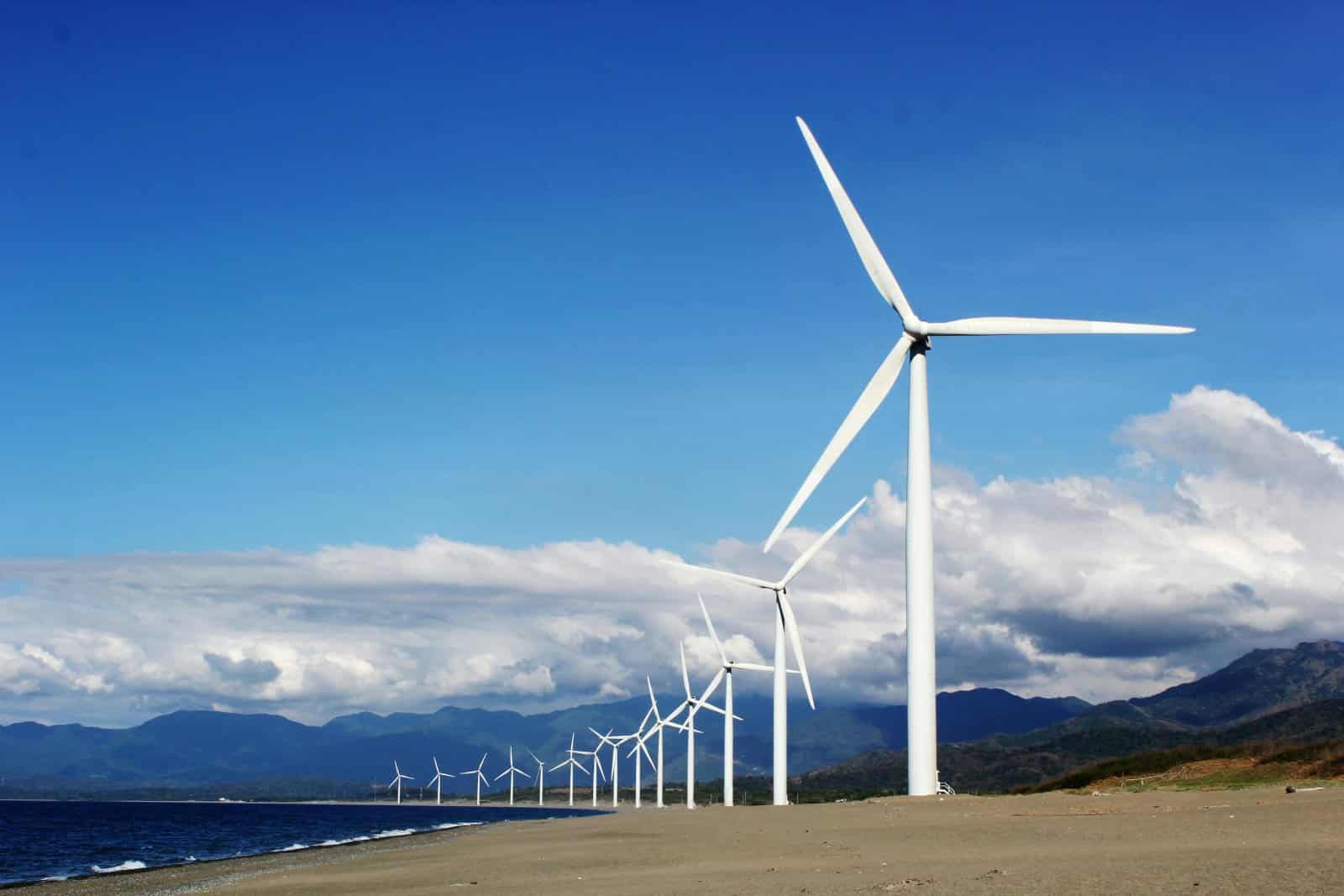You pride yourself on being eco-friendly because you recycle and avoid fast fashion? Feeling good about your eco-conscious lifestyle? But what about the tech products you use daily? Here’s how your beloved gadgets are silently harming the planet.
1. Smartphones: The Hidden Cost

Your smartphone isn’t as green as you think. Producing an iPhone 12 generates about 70 kg of CO2, and it contains rare earth elements mined at a huge environmental cost.
2. Laptops: E-Waste Culprit

Laptops like the MacBook Pro use precious metals and have a short lifespan, leading to a massive e-waste problem. Annually, over 50 million tons of e-waste are generated worldwide.
3. Flat-Screen TVs: Energy Hogs

Modern flat-screen TVs, like the Samsung QLED, consume significant electricity. They are also difficult to recycle due to their complex components.
4. Gaming Consoles: Power Hungry

Devices like the PlayStation 5 are notorious for their high energy consumption, especially during gaming marathons. The average console can use as much energy as a refrigerator over a year.
5. Smart Home Devices: Data Drain

Amazon Echo and Google Nest collect data continuously, which requires vast server farms. These farms consume large amounts of electricity and water for cooling.
6. Tablets: Short Lifespan

Tablets, including the popular iPad, often have non-replaceable batteries, leading to frequent replacements and more e-waste. They also use rare earth elements in their production.
7. Smartwatches: Disposable Tech

Smartwatches like the Apple Watch are trendy but have a short lifespan. Their small batteries and intricate parts make them hard to recycle effectively.
8. Bluetooth Earbuds: Non-Recyclable

AirPods and other Bluetooth earbuds are nearly impossible to disassemble and recycle due to their size and design. They contribute significantly to electronic waste.
9. Digital Cameras: Resource Intensive

High-end cameras from brands like Canon and Nikon require significant raw materials. The production and disposal processes are far from environmentally friendly.
10. Wearable Fitness Trackers: Constant Upgrades

Devices like Fitbit need regular upgrades, leading to more waste. The constant push for new models fuels unnecessary consumption and disposal.
11. Printers: Cartridges and E-Waste

Home printers, such as those from HP, not only consume a lot of ink but also contribute to plastic waste through disposable cartridges. The printers themselves often end up in landfills.
12. Wi-Fi Routers: Energy Vampires

Wi-Fi routers are always on, using electricity around the clock. Brands like Netgear and Linksys produce millions of units annually, adding to the energy burden.
13. E-Readers: Deforestation Trade-off

E-readers like the Kindle might save trees by reducing paper use, but their production involves mining for rare earth metals and creates significant e-waste.
14. Smart Refrigerators: Overrated Efficiency

While touted as energy-efficient, smart refrigerators from brands like LG still consume significant electricity and have a substantial carbon footprint due to their electronic components.
15. Virtual Assistants: Continuous Operation

Devices like Amazon’s Alexa and Google Home are always listening, which means they are always using power and contributing to energy consumption.
16. Electric Vehicles: Battery Blues

Electric vehicles, such as Tesla, have large batteries that require mining of lithium and cobalt, causing severe environmental degradation. Battery disposal also poses a significant problem.
17. Solar Panels: Manufacturing Emissions

While solar panels reduce carbon footprints in the long run, their production process is energy-intensive and generates significant greenhouse gas emissions.
18. Wind Turbines: Resource-Heavy

Wind turbines need vast amounts of steel, concrete, and rare earth minerals for production. While they generate clean energy, the initial environmental cost is high.
Tech Reality Check

Your tech gadgets might be convenient, but they come with hidden environmental costs. It’s crucial to consider the full lifecycle impact of these devices, from production to disposal. Next time you upgrade, think about whether you really need that new gadget. Your eco-friendly actions might start right at home. Are you ready to make a change?
Remote No More: 19 Companies Returning to the Office

As the pandemic wanes, companies are recalling remote workers back to the office, sparking debates on fairness, costs, and convenience. However, there are also notable productivity, coworking, and mental health benefits to consider. Feeling the effects of these changes? Remote No More: 19 Companies Returning to the Office
8 Costco Must Buys and 8 to Leave Behind

Ever wandered Costco’s aisles, questioning if that giant jar of pickles is a real bargain? Or debated buying tires where you get your rotisserie chicken? Welcome to the definitive guide to Costco shopping—a journey to save money, prevent regrets, and offer quirky insights into bulk buying. 8 Costco Must Buys and 8 to Leave Behind
23 Reasons Texas Is the Next Big Thing

Texas is becoming a beacon of opportunity, blending cultural heritage with economic growth. From its landscapes to its industries, the Lone Star State offers a dynamic lifestyle. Here are 23 reasons why Texas stands out, attracting entrepreneurs, artists, tech professionals, and families seeking new beginnings. 23 Reasons Texas Is the Next Big Thing
The post How Eco-Guilty Are You? How Your Tech Gadgets Are Wrecking the Planet first appeared on Liberty & Wealth.
Featured Image Credit: Shutterstock / insta_photos.
The content of this article is for informational purposes only and does not constitute or replace professional financial advice.
For transparency, this content was partly developed with AI assistance and carefully curated by an experienced editor to be informative and ensure accuracy.

